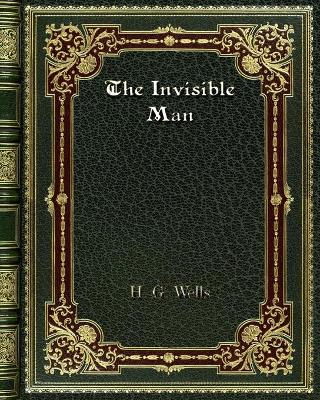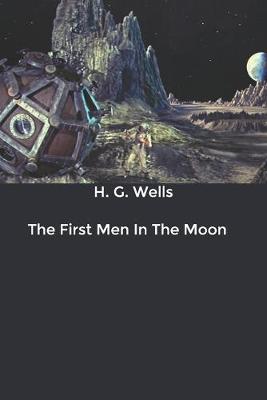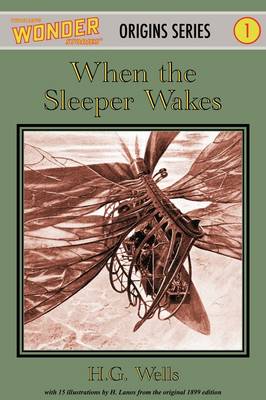Arcturus Classics
5 total works
On a bitter evening in the depths of winter, a mysterious stranger arrives to the remote English village of Iping, his face swaddled in bandages.
The Invisible Man tells the tale of a scientist who has found a way to make himself invisible. To his anger and dismay, however, the experiment appears irreversible. Freed from the constraints of the law and rejected from a society that fears him, Griffin descends into madness. Wells' disturbing and insightful novel explores the question of morality when a man is free to do as he pleases without risk of being caught...
This gorgeous edition presents this fantastic book in a beautiful cloth-bound hardback with silver foil.
In one of the earliest works of science fiction, H. G. Wells brings to life the joys of space travel and humanity's boundless curiosity.
When penniless businessman Mr Bedford moves to Kent in the hopes of writing a play, he meets mad scientist Mr Cavor who is developing an anti-gravity metal. One man seeking his fortune and the other scientific discovery, this unlikely pair journey to the moon using Mr Cavor's new invention. But what creatures lurk beneath its cratered surface?
The First Men in the Moon is a swashbuckling adventure about the discovery of extra-terrestrial life. However, undercutting this action is a poignant exploration of ethics in the face of scientific progress. Wells is a master science fiction writer and his works have influenced the genre for more than a century.
Every city is now a prison. Mammon grips the key in his hand. Myriads, countless myriads, toil from the cradle to the grave
One morning, Graham rises from a medical-induced slumber and finds that he has slept for 200 years. The small money he had saved has grown exponentially, and he is now the richest man on earth and deified by the public. But what kind of a world is this?
It is the year 2100 and London is unrecognisable. A twisted and oppressive slave state reveals itself, and this regime is being funded by Graham's own wealth, appropriated by the mysterious White Council. He must use his power to free the social underclass, but in doing so he risks his life.
When the Sleeper Wakes is testament to H.G. Wells' vivid, verging on predictive, imagination. This dystopian vision predates Huxley's Brave New World and Asimov's The Caves Steel by 50 years and includes technology reminiscent of the internet. A truly brilliant read from a master of speculative fiction.




